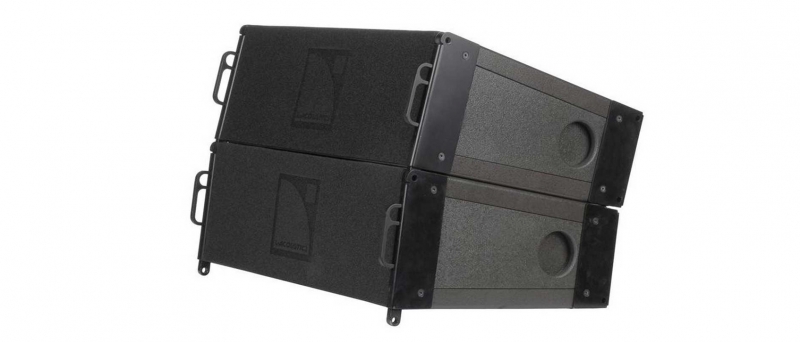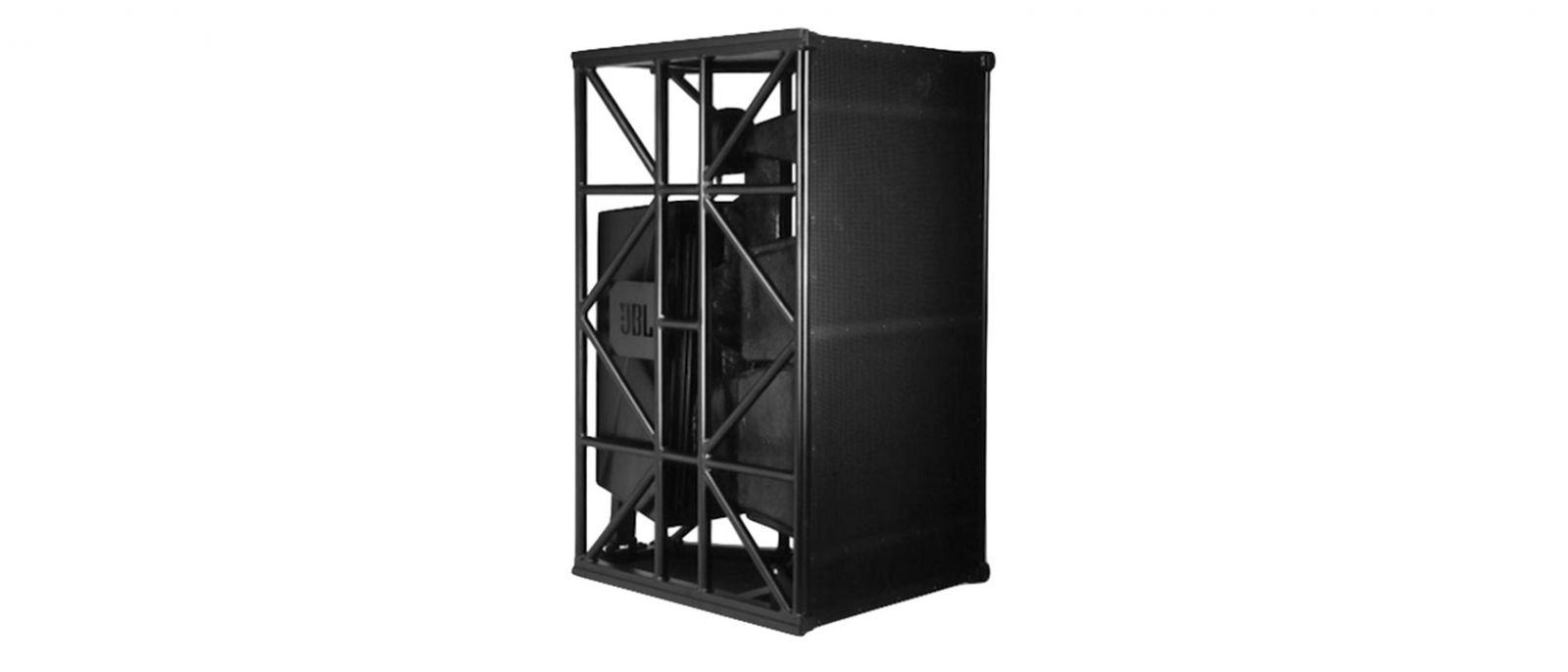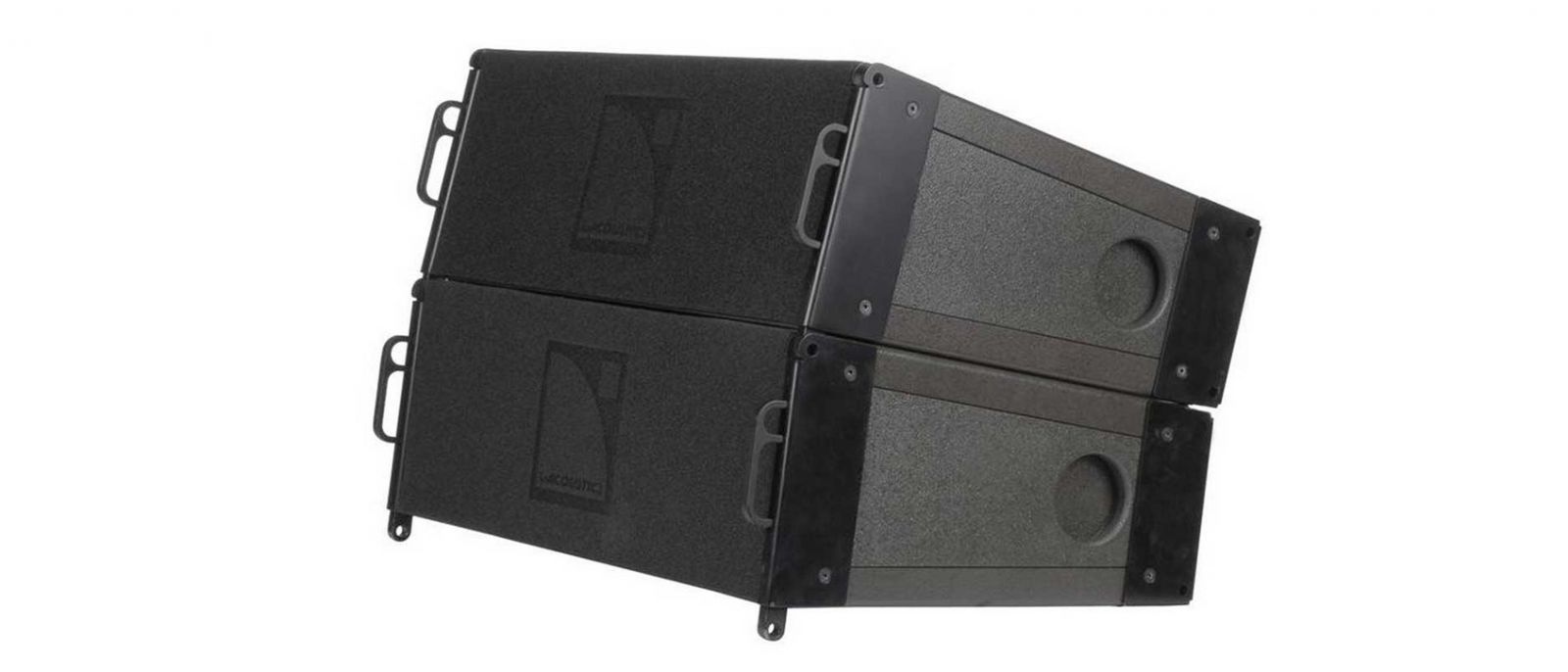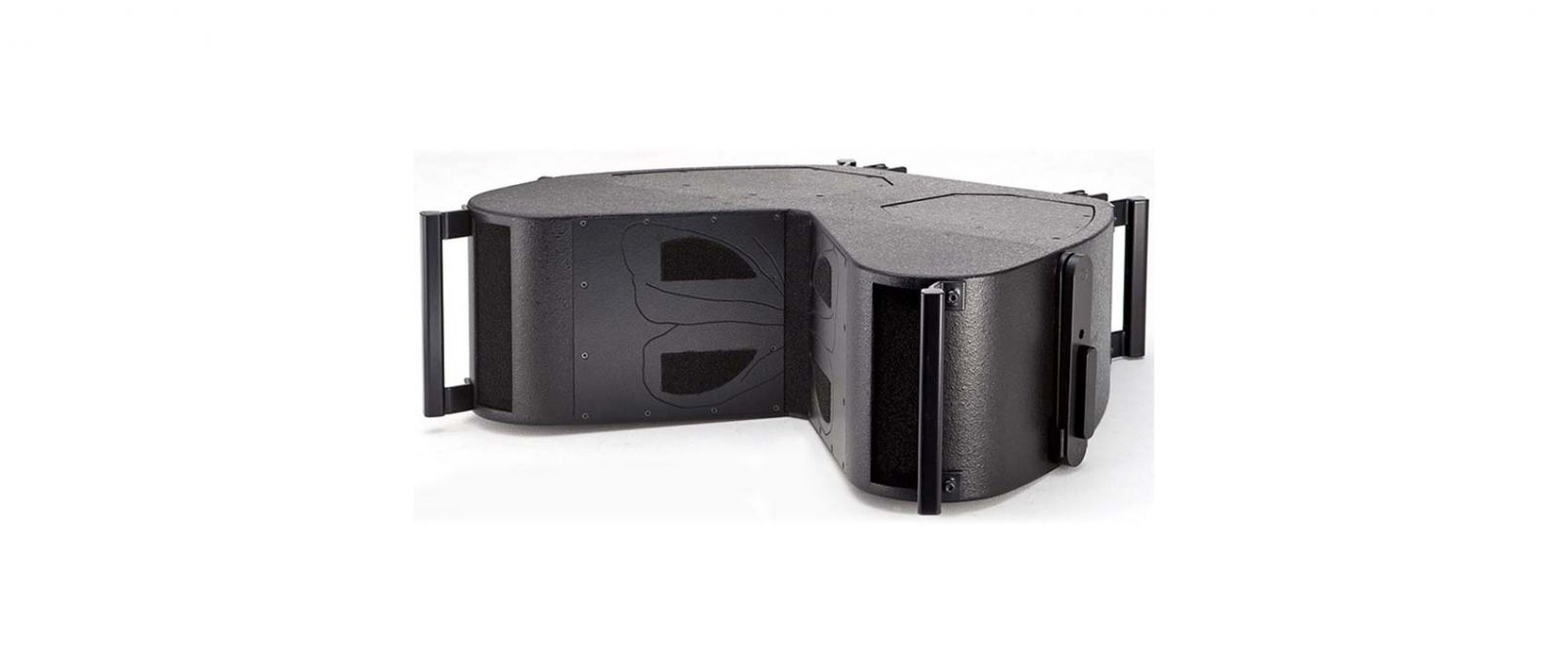Used sound equipment
24 July 2023

|
used sound equipment Are you a music enthusiast on a budget? Do you dream of owning top-of-the-line sound equipment without breaking the bank? Well, you're in luck! In this guide, we will unveil the secrets of unlocking the hidden gems of used sound equipment. Whether you're a musician, DJ, or audio enthusiast, finding high-quality gear at affordable prices can be a game-changer. From vintage amplifiers to professional-grade microphones, the world of used sound equipment is a treasure trove waiting to be discovered. But how do you navigate this vast market and ensure you're making the best choices? Don't worry, we've got you covered. In this comprehensive guide, we'll share insider tips and tricks to help you find the perfect used sound equipment that meets your needs and exceeds your expectations. Get ready to unleash your creativity and take your sound to new heights without breaking the bank! Advantages of buying used sound equipment When it comes to purchasing sound equipment, the allure of brand new shiny gear can be tempting. However, buying used sound equipment has a multitude of advantages that should not be overlooked. First and foremost, the most obvious advantage of buying used sound equipment is the significant cost savings. Whether you're a professional musician or a hobbyist, saving money on gear allows you to invest your resources in other aspects of your craft. Used equipment can often be found at a fraction of the cost of new items, making it an attractive option for those on a tight budget. Another advantage of buying used sound equipment is the availability of vintage and discontinued models. Vintage gear often has a unique sound and character that cannot be replicated by modern equipment. By exploring the used market, you have the opportunity to discover hidden gems that may not be readily available in new stores. Additionally, discontinued models can also be found at lower prices and can offer excellent value for money. Lastly, buying used sound equipment gives you the opportunity to experiment and try out different brands and models without committing to a large investment. It allows you to explore different sound characteristics and find the gear that best suits your preferences and needs. This flexibility is invaluable, especially for musicians and audio enthusiasts who are constantly evolving and refining their sound. In conclusion, the advantages of buying used sound equipment are undeniable. From cost savings to the availability of unique vintage gear, the used market offers a wealth of opportunities for those looking to expand their sonic horizons. So, don't dismiss used gear as inferior; instead, embrace the possibilities it presents and uncover the hidden treasures waiting to be discovered. Common misconceptions about used sound equipment When it comes to purchasing used sound equipment, there are several common misconceptions that can deter potential buyers. However, it's important to separate fact from fiction to make informed decisions. Let's debunk some of these misconceptions and shed light on the truth. One common misconception is that used sound equipment is inherently unreliable and prone to defects. While it's true that used gear may have wear and tear, it's essential to remember that not all used equipment is in poor condition. Many sellers take great care of their gear and sell it in excellent working condition. With proper research and inspection, you can find used sound equipment that is as reliable as new gear. Another misconception is that used sound equipment lacks warranty or after-sales support. While it's true that warranties may not transfer to the new owner, reputable sellers often provide a warranty or guarantee to ensure customer satisfaction. Additionally, in this digital age, there are numerous online communities and forums where users can seek advice and support for their used gear. A third misconception is that used sound equipment is outdated and cannot keep up with modern technology. While it's true that some older models may lack certain features, many used sound equipment options are still highly capable and relevant in today's market. Furthermore, certain vintage gear is sought after precisely because of its unique sound characteristics and build quality. In conclusion, it's crucial to dispel these misconceptions surrounding used sound equipment. By doing so, you open yourself up to a world of possibilities and affordable options. Remember to be diligent in your research, inspect the equipment thoroughly, and buy from reputable sellers to ensure a positive experience. |
 |
|
Factors to consider before purchasing used sound equipment Before diving into the world of used sound equipment, it's essential to consider several factors to ensure you make the best possible purchase. By taking these factors into account, you can navigate the used market with confidence and find the gear that perfectly suits your needs. The first factor to consider is your specific requirements and intended use of the equipment. Are you a musician looking for a guitar amplifier? Or perhaps you're a DJ in need of a reliable mixer? Understanding your needs will help you narrow down your search and make more informed decisions. Consider the features, specifications, and compatibility of the equipment with your existing setup. Next, it's important to research the reputation and reliability of the brand and model you're interested in. Look for reviews, user experiences, and expert opinions to gauge the overall quality and performance of the equipment. This will help you avoid any potential pitfalls and ensure you invest in a reliable piece of gear. Furthermore, consider the condition of the used equipment. While some wear and tear are to be expected, it's important to assess the extent of any damage and its impact on the functionality of the gear. Ask the seller for detailed photos and descriptions, and if possible, request a demonstration or test before making a purchase. This will give you peace of mind and minimize the chances of buying faulty equipment. Additionally, take into account the seller's reputation and credibility. Buying from reputable sellers, whether it's a music store, online platform, or individual seller, can significantly reduce the risks associated with purchasing used equipment. Read reviews, check their return policy, and ensure they have a track record of providing accurate descriptions and excellent customer service. Lastly, consider your budget and set realistic expectations. While used sound equipment offers great value for money, it's important to strike a balance between affordability and quality. Determine your budget and prioritize the features and specifications that are most important to you. This will help you make informed decisions and avoid overspending or settling for subpar gear. In conclusion, considering these factors before purchasing used sound equipment will ensure you make the best possible choices. By understanding your needs, researching the brand and model, assessing the condition, and buying from reputable sellers, you can embark on a successful journey into the world of used gear. |
 |
|
Tips for inspecting and testing used sound equipment Inspecting and testing used sound equipment is a crucial step in the purchasing process. By thoroughly examining the gear and conducting tests, you can ensure its functionality, identify any issues, and make an informed decision. Here are some tips to help you navigate this important stage: Firstly, visually inspect the equipment for any obvious signs of damage or wear. Look out for scratches, dents, loose connections, or missing parts. Pay attention to the overall condition and cleanliness of the gear, as this can indicate how well it has been maintained. If buying online, request detailed photos from the seller to get a better idea of the equipment's physical condition. Next, check all the inputs, outputs, and controls of the equipment. Plug in cables and connectors to ensure they fit securely and without any issues. Turn knobs, sliders, and switches to ensure they move smoothly and without crackling or static noise. This will give you an idea of the overall functionality of the equipment and highlight any potential problems. Another important step is to test the sound quality and performance of the equipment. Connect it to a suitable audio source and listen carefully for any distortion, noise, or abnormalities. Test all the available features and settings to ensure they work as intended. If possible, compare the sound quality with a reference piece of gear to get a better understanding of its performance. Additionally, test the durability and reliability of the equipment. If it's a musical instrument, play it to assess the playability and responsiveness. If it's a DJ mixer, test the faders, crossfader, and other controls to ensure they function smoothly. If applicable, test the equipment over an extended period to see if it heats up excessively or exhibits any issues over time. Lastly, trust your instincts and intuition. If something feels off or doesn't seem right, it's better to err on the side of caution. Don't hesitate to ask the seller questions or request additional information. If possible, try to negotiate a return policy or warranty to protect yourself in case any unforeseen issues arise after purchase. In conclusion, inspecting and testing used sound equipment is crucial to ensure a successful purchase. By visually inspecting, checking inputs and controls, testing sound quality, and trusting your instincts, you can make informed decisions and avoid any potential pitfalls. Happy hunting for your perfect used gear! Cleaning and maintaining used sound equipment Once you've found and purchased your perfect used sound equipment, it's important to properly clean and maintain it to ensure its longevity and optimal performance. Here are some essential tips to help you keep your gear in top shape: Firstly, before cleaning any equipment, always refer to the manufacturer's instructions and guidelines. Different types of gear may require specific cleaning methods or products to avoid damage. If in doubt, contact the manufacturer or seek advice from reputable sources to ensure you're using the correct cleaning techniques. For general cleaning, start by removing any dust or debris from the equipment using a soft, lint-free cloth or a brush specifically designed for electronics. Be gentle and avoid applying excessive pressure or using abrasive materials that could scratch the surface. Next, focus on cleaning the inputs, outputs, and controls. Use compressed air or a soft brush to remove dust or dirt from these areas. If necessary, you can use a small amount of isopropyl alcohol on a cloth to clean connectors and contacts. However, exercise caution and ensure the alcohol has fully evaporated before powering on the equipment. Additionally, pay attention to cleaning the internal components of the equipment. If you're comfortable doing so, you can open the device and use compressed air or a specialized electronics cleaning spray to remove dust and debris from the circuit boards and other internal parts. However, if you're unsure or uncomfortable with this task, it's best to seek professional assistance to avoid any damage. In terms of maintenance, regularly inspect the equipment for any signs of wear, loose connections, or damage. Address any issues promptly to prevent further damage or potential failure. Keep an eye on knobs, switches, and faders, as they can be prone to wear and may require occasional lubrication or replacement. Furthermore, store your gear properly when not in use. Use protective cases or covers to shield the equipment from dust, moisture, and accidental damage. If possible, store the gear in a dry and temperature-controlled environment to minimize the risk of corrosion or other issues. Lastly, it's important to regularly check and replace any consumable parts such as cables, connectors, or filters. These components can wear out over time and may affect the performance of your gear. By replacing them as needed, you can ensure your equipment operates at its best. In conclusion, proper cleaning and maintenance are essential for preserving the performance and longevity of your used sound equipment. By following the manufacturer's instructions, cleaning regularly, inspecting for damage, and storing properly, you can enjoy your gear for years to come. Upgrading and customizing used sound equipment One of the advantages of buying used sound equipment is the opportunity to upgrade and customize the gear to suit your specific needs and preferences. Whether it's adding new features, modifying the sound characteristics, or improving the overall performance, here are some tips for upgrading and customizing your used gear: Firstly, before embarking on any modifications, thoroughly research the equipment and understand its internal components and architecture. This will help you identify potential areas for improvement and ensure compatibility with the modifications you have in mind. Look for user manuals, schematics, or online forums dedicated to the specific gear you own. One common way to upgrade used sound equipment is by replacing certain components. For example, upgrading the tubes in a vintage amplifier can significantly improve the overall tone and performance. Similarly, replacing the pickups in an electric guitar can change its sound characteristics. Consider consulting with experts or experienced individuals who have successfully performed similar upgrades to ensure you make the right choices. Another popular modification is adding external effects or processors to your equipment. This can be done by connecting external units via available inputs and outputs or by using specialized expansion slots, if available. Adding effects such as reverb, delay, or modulation can enhance the versatility and creative possibilities of your gear. Customizing the appearance of your equipment is also a popular option. Whether it's changing the color, adding custom graphics or decals, or replacing control knobs and faders, personalizing the aesthetics of your gear can make it feel more unique and tailored to your taste. However, always ensure that any modifications you make do not compromise the functionality or safety of the equipment. Additionally, consider upgrading the firmware or software of your gear, if applicable. Many digital audio devices can benefit from software updates that improve performance, add new features, or fix known issues. Check the manufacturer's website or online forums to see if any updates are available for your specific equipment. Lastly, consider investing in proper power conditioning and surge protection for your gear. This can help protect your equipment from power fluctuations, electrical noise, and potential damage. Additionally, using high-quality cables and connectors can further improve the performance and reliability of your gear. In conclusion, upgrading and customizing used sound equipment allows you to tailor the gear to your specific needs and preferences. By researching, replacing components, adding external effects, customizing the appearance, upgrading firmware, and protecting with power conditioning, you can take your gear to the next level and unlock its full potential. In conclusion, the world of used sound equipment is a treasure trove waiting to be discovered. By exploring the used market, you can find high-quality gear at affordable prices, unlocking a world of possibilities for musicians, DJs, and audio enthusiasts. The advantages of buying used sound equipment are undeniable, from cost savings to the availability of vintage and discontinued models. However, it's important to debunk common misconceptions and consider several factors before making a purchase. By inspecting and testing the equipment, cleaning and maintaining it properly, and even upgrading and customizing it, you can ensure a positive experience and get the most out of your used gear. So, don't hesitate to dive into the world of used sound equipment and unlock the hidden gems that await you. Happy hunting! |
 |
